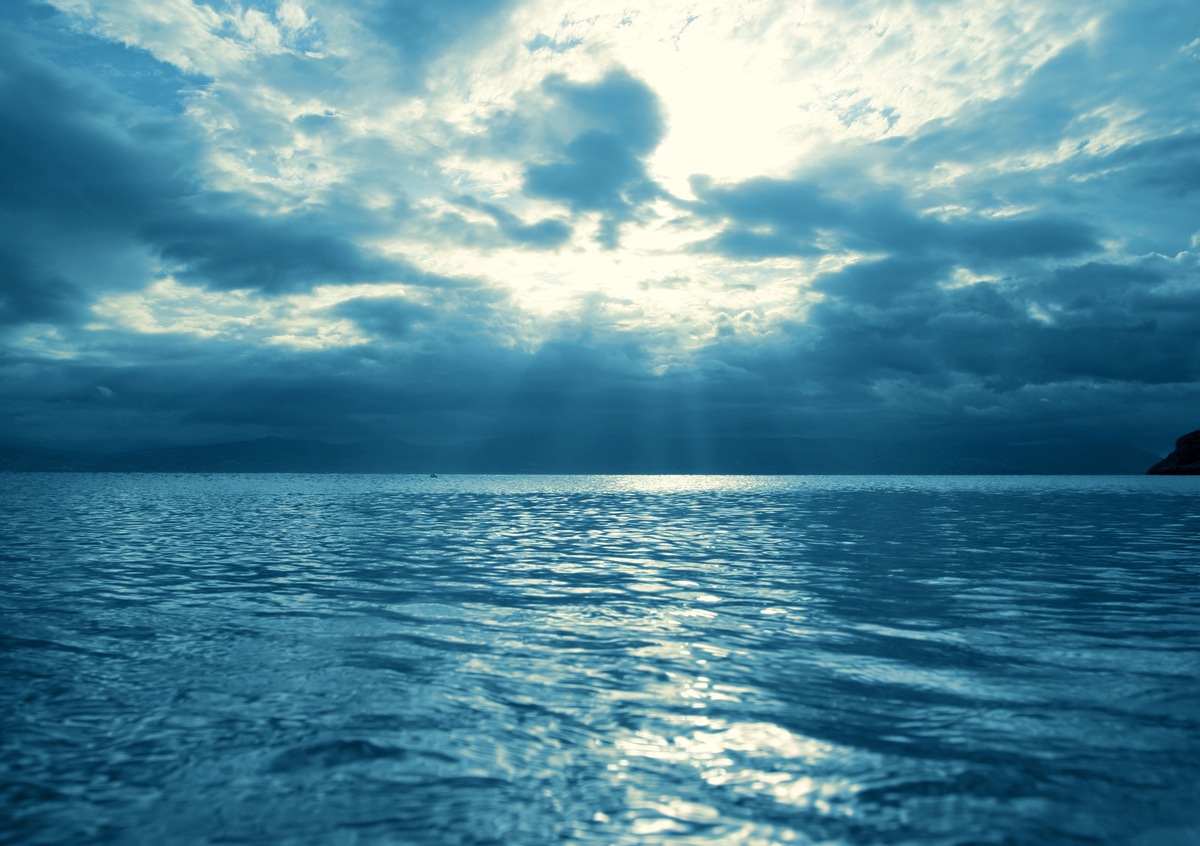

Noise and fury in the oceans
Over the last sixty years, the ocean has been subject to increasing levels of noise, and in parallel, cetacean beachings. One Voice is asking for a higher level of sea protection before it is too late.
Imagine a deep screeching sound, like iron claws running across a giant blackboard. The noise doesn’t stop, and repeats itself on increasingly unbearable frequencies pounding the eardrums. Far away on the horizon a US Navy vessel creeps along the coast. A nearby group of orcas hug together nearly touching the beach, trying to escape the noise. They keep their heads above water and slide as close as they can to the bank, risking stranding. This was filmed at Puget Sound in 2003. Fortunately, the J Pod orcas escaped unharmed.
Military fleets from many countries have since upped their military operations in the open sea and on the coast. Bombs have been dropped in scare-tactic strategies, missiles have been launched, and dark stealth submarines survey the depths with their damaging signals. In order to track them, the American Navy’s super-sonar Low-Frequency Active (LFA) sweeps the ocean with a sonic roar the equivalent of three Boeing 747’s taking off. Whales don’t have anti-noise protection to shield them from 235 decibels, and in the aftermath of these operations, numerous cetaceans die on the beaches with broken eardrums and bleeding eyes.
Elsewhere, in calmer waters, it’s the oil seekers who initiate research operations, surveying the ocean bottom with air gun blasts to uncover hydrocarbon. Once discovered the platforms sound the gongs morning, noon and night, resonating in the Norwegian Sea and changing the course of sperm whales.
Jacques Cousteau’s “Silent World” is actually quite the opposite. The sea has always been a concert of rumbling, tapping, calls and songs exchanged by fish. The coral reefs are as noisy as the jungle and sometimes this chit-chat can only be drowned out by the triumphant whistling of an orca, the infrasound of a blue whale, or the far away thunder of an underwater volcano.
But there has never been as much sonic assault as destructive to marine life as that inflicted since the arrival of humans: Endless marine traffic, luxury marinas, cruises, water sports, intrusive whale watching, offshore wind farms sinking their piles using hydraulic hammers etcetera. Considering we know that small Great Barrier Reef fish are eaten twice as fast by the larger fish when motorboats are present, what can we say about the cetacean suffering; whose world is first and foremost made of sounds, as ours is of images? If the sonar noise becomes too powerful, they can no longer feed themselves, reproduce or socialise. Small boat traffic alone reduces the range of sounds emitted by the big dolphins by 26%, and by 58% for the pilot whales. Imagine living in a nightclub, constantly shouting to be heard!
One Voice is asking that the European Commission, under its Marine strategy framework directive (2008/56/CE), devote more research into sound pollution in the different marine regions within its jurisdiction, and that the member states deploy all the necessary means to limit the principal noise factors as quickly as possible.